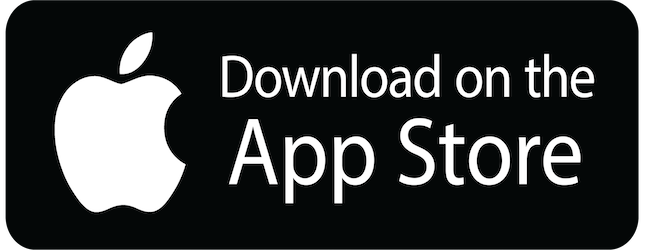What's the difference between "under", "below", "beneath", and "underneath"?

What's the difference between "under", "below", "beneath", and "underneath"? These words are all similar in meaning, but figuring out the differences between them can be a little tricky. First, it's helpful to know how common each word is:
- "Under" is the most popular.
- "Below" is used about 1/4 as often as "under"
- "Beneath" is used 1/2 as often as "below"
- "Underneath" is used less than 1/2 as often as "beneath"
So if you're struggling to choose the correct word, "under" is probably the safest choice.
Now let's discuss each word in detail.
Under
"Under" is the default choice. In most situations, you can replace any of the other words with "under".
Compared to "below", "under" is more often used to talk about 3-dimensional objects. For example, you'd talk about something being under a table, under a book, etc.
"Under" is also good for talking about layers of something:
I have on a t-shirt under my jacket.
You can use "under" for numbers:
"Under" also shows up in expressions like:
under stress
under pressure
under someone's control
under someone's influence
under consideration
under construction
under a spell
Below
Compared to "under", you use "below" more often to talk about the level of something on a flat plane. For example, if you're describing two photos that hang on a wall, you can say that one of them is "below" the other.
Use "below" to talk about the level of something, like a temperature:
It's supposed to drop below freezing tonight.
In writing, you can use "below" to talk about something later on:
Please read the instructions below before you begin.
The opposite of "below" is "above".
Beneath
"Beneath" is more formal than "under":
It can also suggest being covered by something:
beneath the blankets
beneath the surface of the water
When you're talking about someone's actions or decisions, you use "beneath" to talk about the true emotions that a person is hiding:
Beneath it all, he still loves her.
When you're talking about human relationships, being "beneath" someone is very negative. Things or people that are "beneath" you are disgusting. They're too low for someone with your social position:
She acts like some kind of princess, like we're all beneath her.
Underneath
"Underneath" has a kind of casual and expressive feeling. You can choose "underneath" instead of "under" to explain the location of something with a little more emphasis.
A: You found it! Where was it?
B: It was underneath the sofa.
Think of "underneath" as a slightly more emotional and exciting version of "under".
Print this Article




